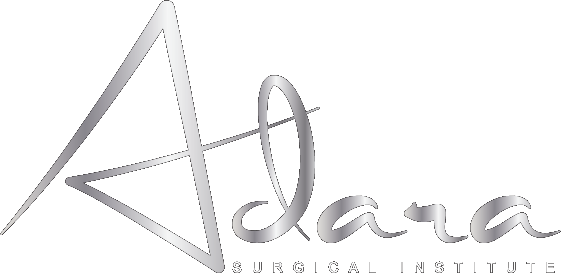Oral Maxillofacial Surgery is a specialized field focusing on the correction of various deformities and defects in the face, jaw, and mouth.
These issues can significantly impact functionality and aesthetics, affecting one’s ability to speak, eat, and express emotions. If you or someone you know is preparing for this transformative procedure, understanding postoperative care is crucial for a successful recovery.
Keep reading to find out the essential tips that will help guarantee a smooth and efficient oral surgery recovery.
What is Oral Maxillofacial Surgery?
Oral Maxillofacial Surgery addresses a range of complex conditions involving the facial structure, teeth, and jaws.
This can include:
- Corrective jaw surgery
- Cleft lip and palate repair
- Facial trauma reconstructions
- Dental implants
These surgeries not only aim to restore functionality but also greatly improve the patient’s appearance and psychological well-being.
Maxillofacial surgeons use advanced techniques and technologies to reconstruct and rehabilitate the affected areas, providing both physical and emotional relief to patients.
Essential Aftercare for Maxillofacial Surgery Recovery
Proper aftercare is vital to avoid complications and speed up recovery after oral maxillofacial reconstruction. Here are key tips to follow:
Adhere to Postoperative Instructions
Our surgeon will provide detailed instructions tailored to your specific procedure. These may include guidelines on wound care, medications to take, symptoms to watch for, and when to return for a follow-up visit.
Strict adherence to these instructions is vital in preventing infections and other complications.
Manage Pain Effectively
Managing pain is a significant aspect of post-surgery recovery. Our provider will likely prescribe pain management strategies that may include medications, ice packs, or special mouth rinses.
It is important to follow the dosage recommendations and communicate with our surgeon if pain persists or worsens, as this could be a sign of complications.
Mind Your Diet
Diet modifications post-surgery are often necessary, especially after procedures involving the jaws or facial bones.
You may need to stick to soft or liquid foods to avoid exerting pressure on surgical sites. Nutritious, easy-to-consume foods like smoothies, soups, and purees can help maintain your strength and facilitate healing.
Keep Your Head Elevated
Keeping your head elevated, especially in the first few days post-surgery, can significantly reduce swelling and discomfort.
Use pillows to prop yourself up when lying down and try to maintain a semi-upright position as much as possible.

Practice Good Oral Hygiene
Keeping your mouth clean is essential, but be gentle around surgical sites. Our surgeon may recommend saline rinses or prescribe a special mouthwash to reduce the risk of infection and aid in the healing process.
Avoid using a straw, as the suction movement can disrupt blood clots that form as part of the healing process.
At Adara Surgical Institute in Issaquah, WA, we are dedicated to providing outstanding care throughout your surgical journey, from initial consultation to full recovery.
Our team of experts is committed to ensuring you receive the best possible outcomes and are comfortable and informed every step of the way.
If you are considering oral surgery or have recently undergone a procedure, contact us today!

